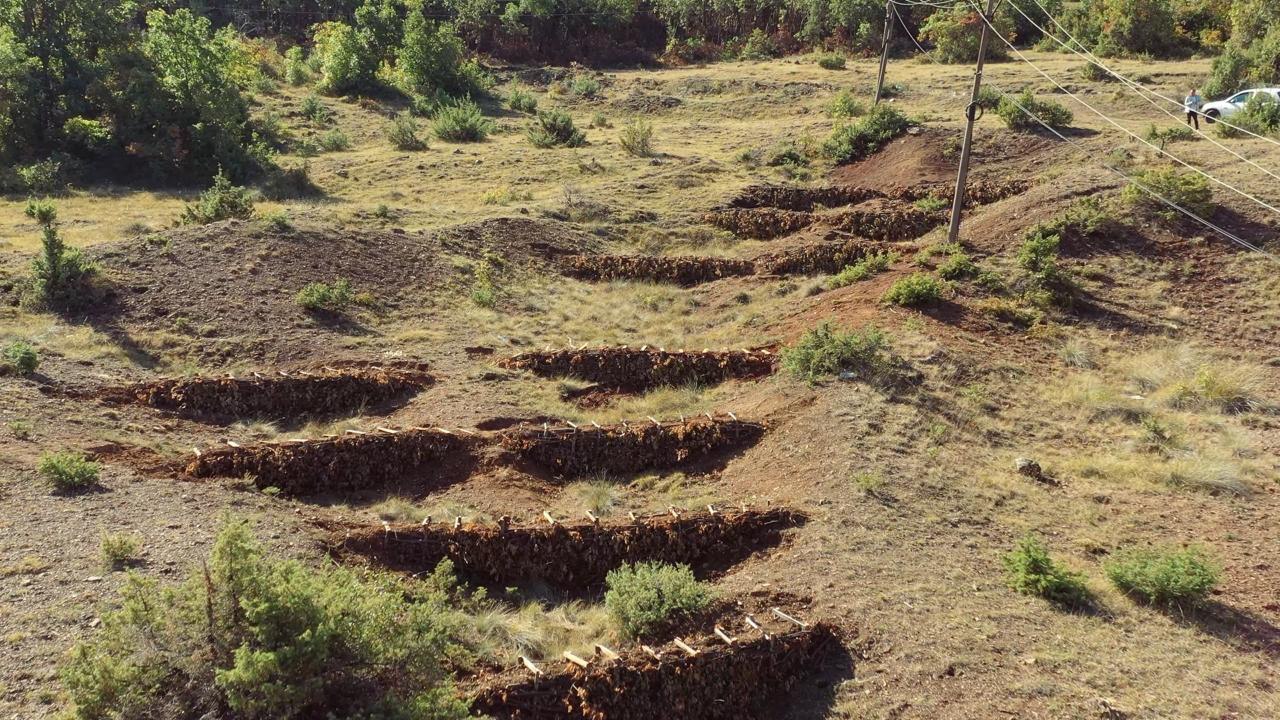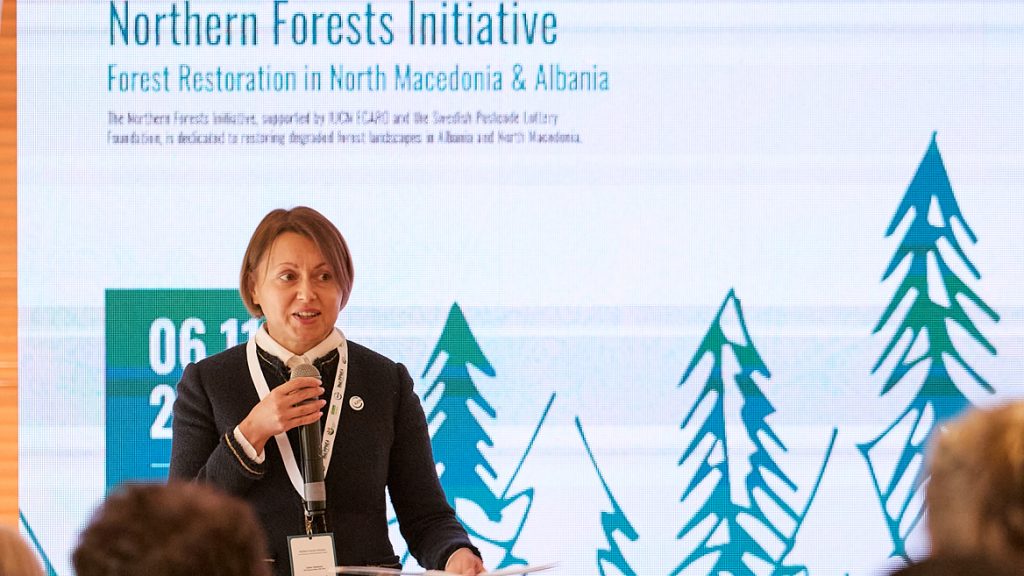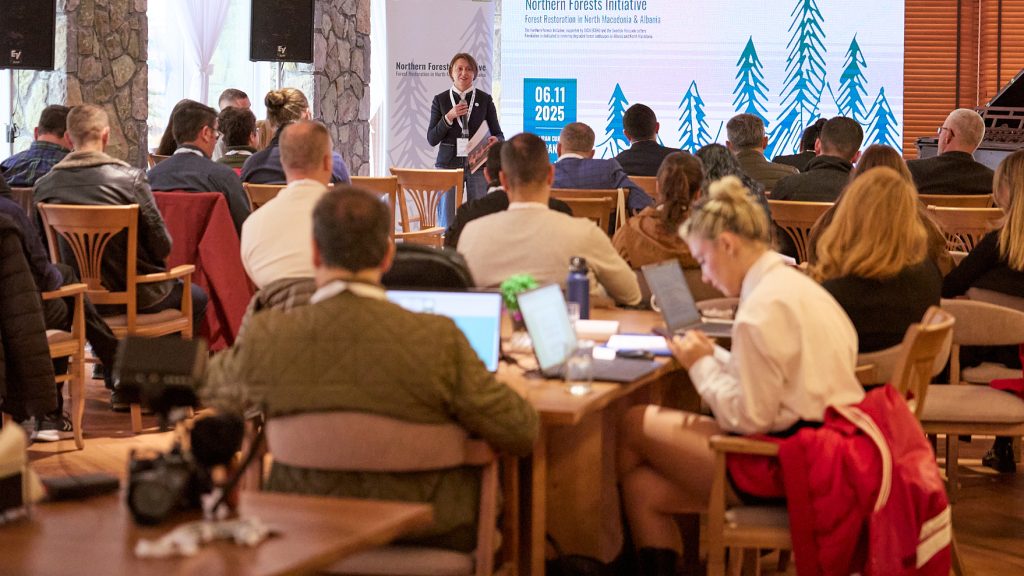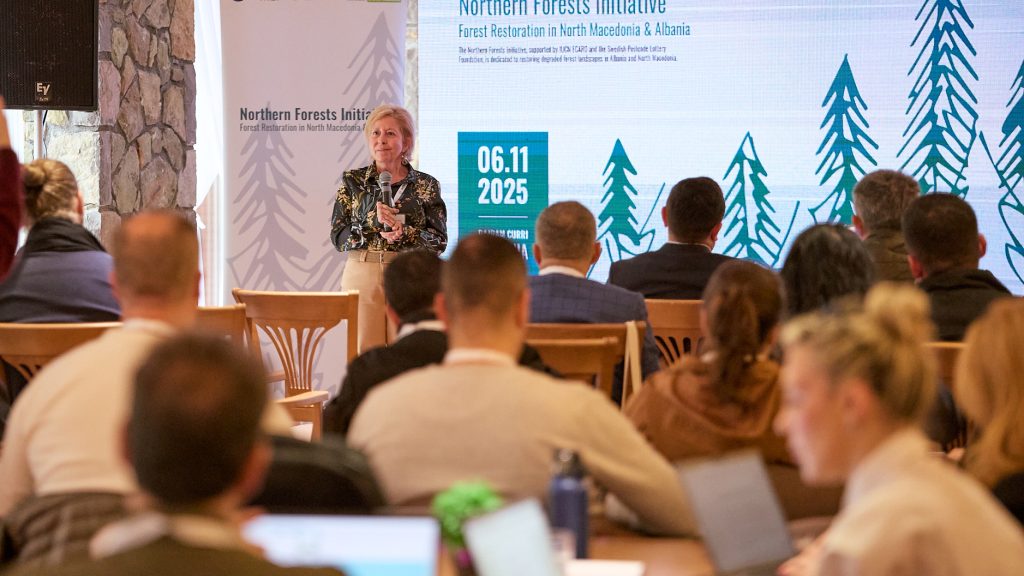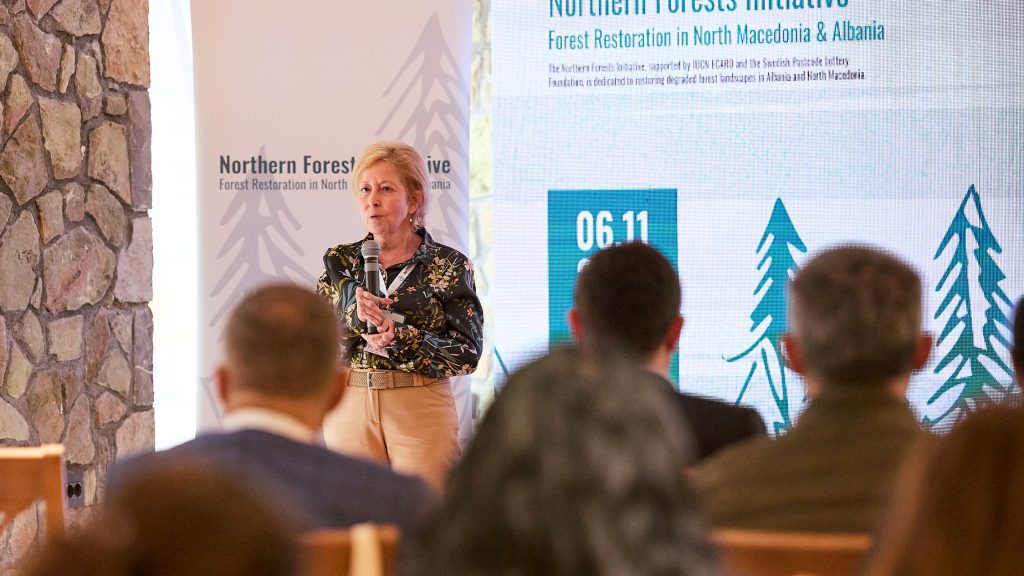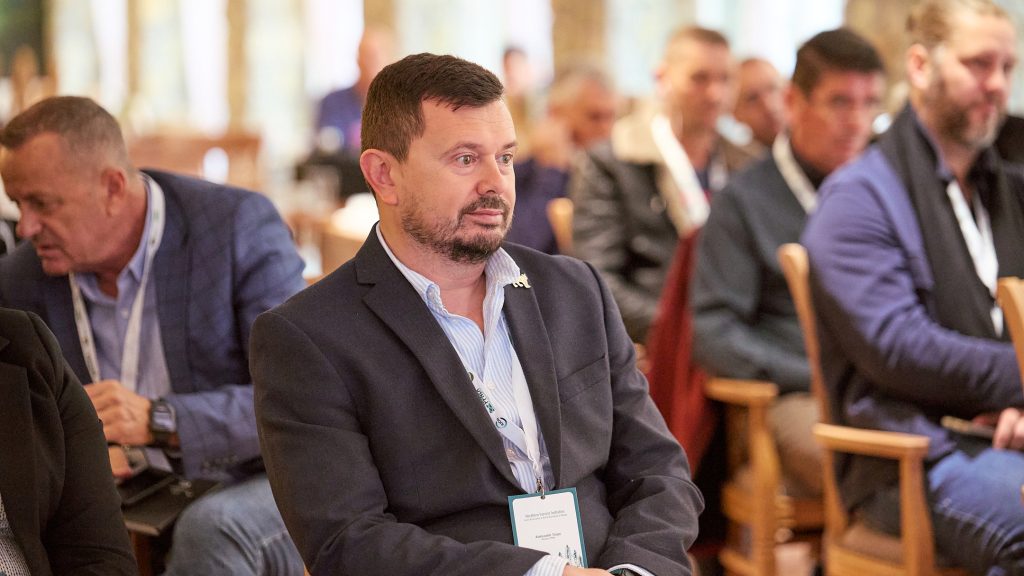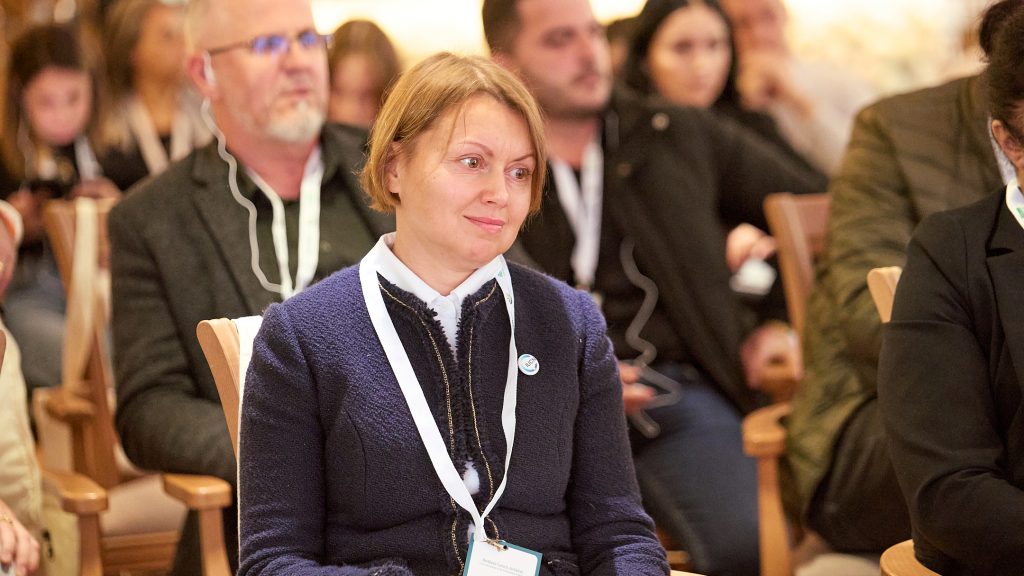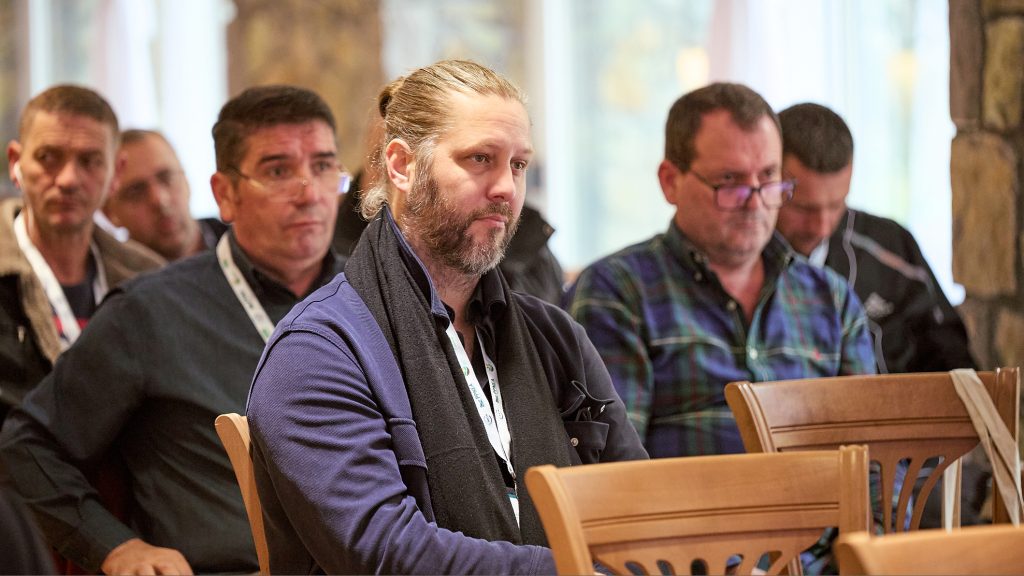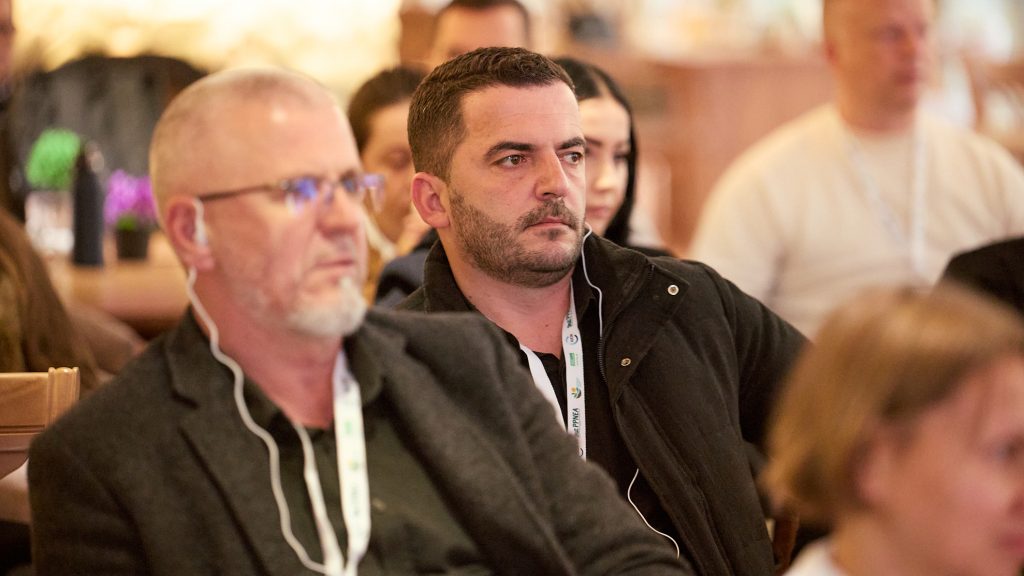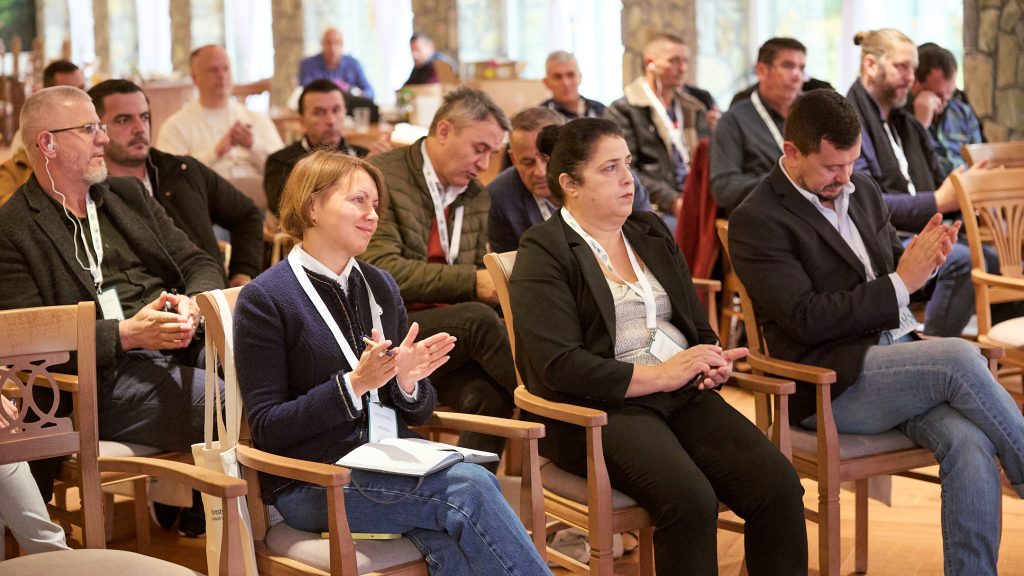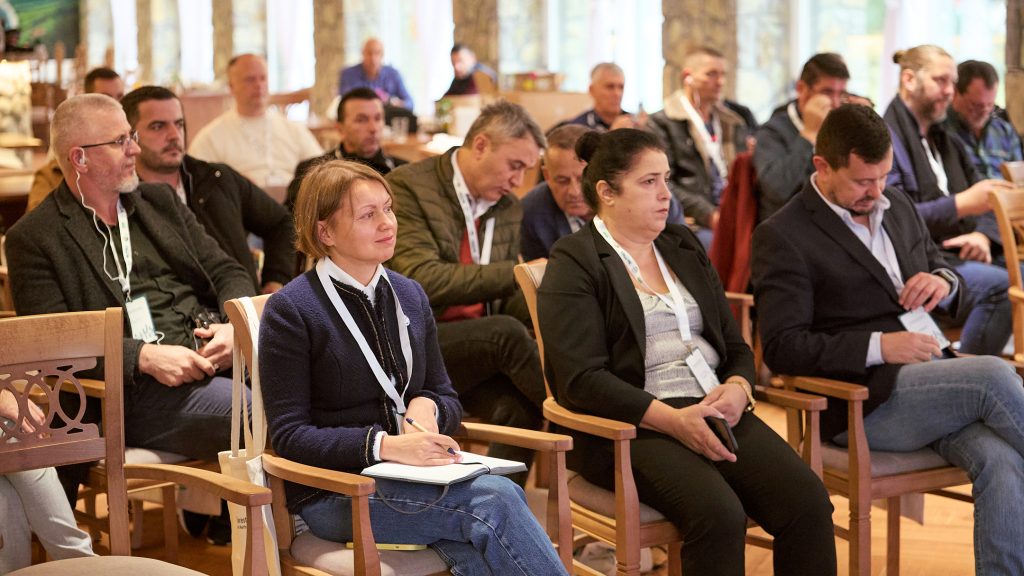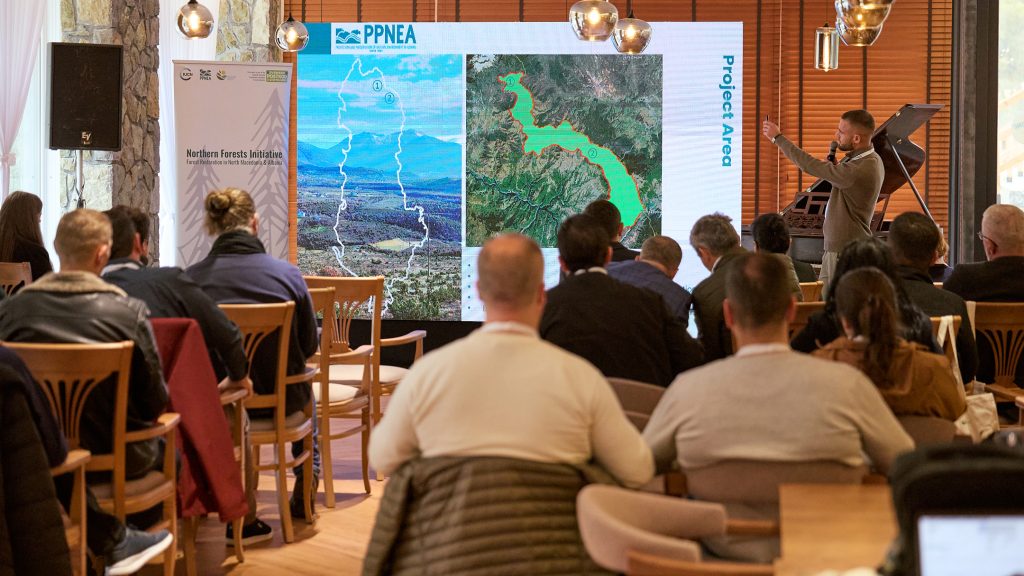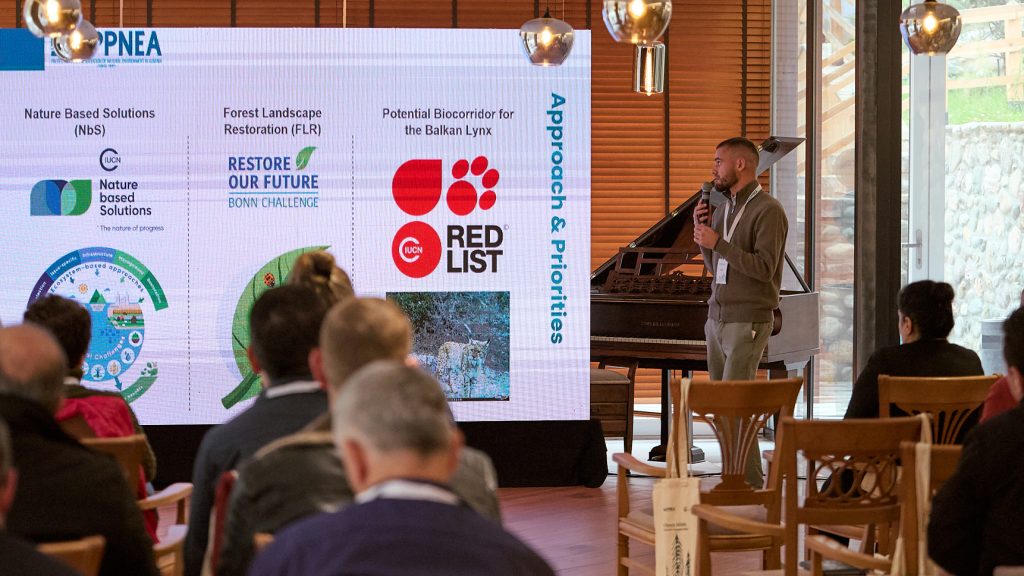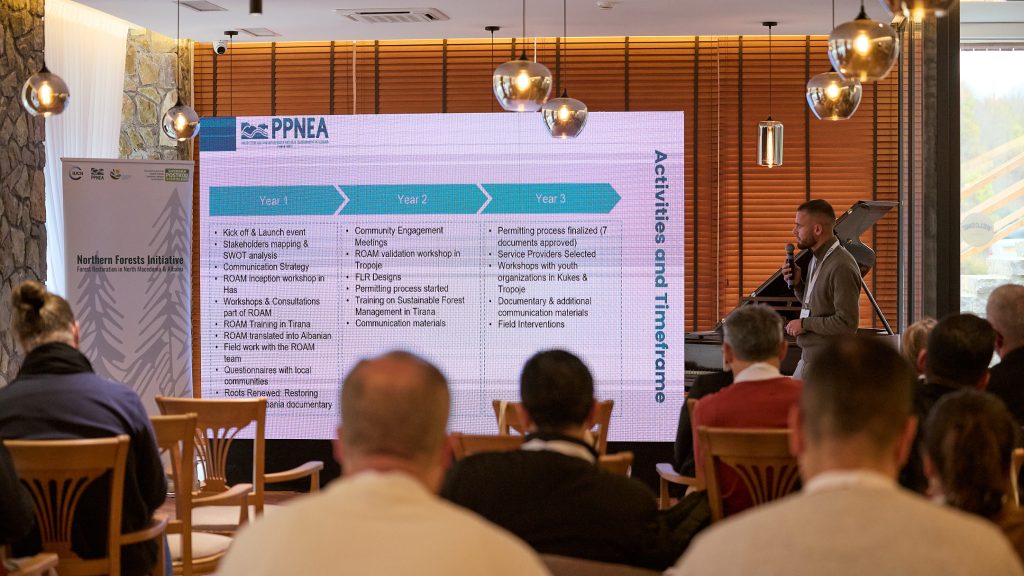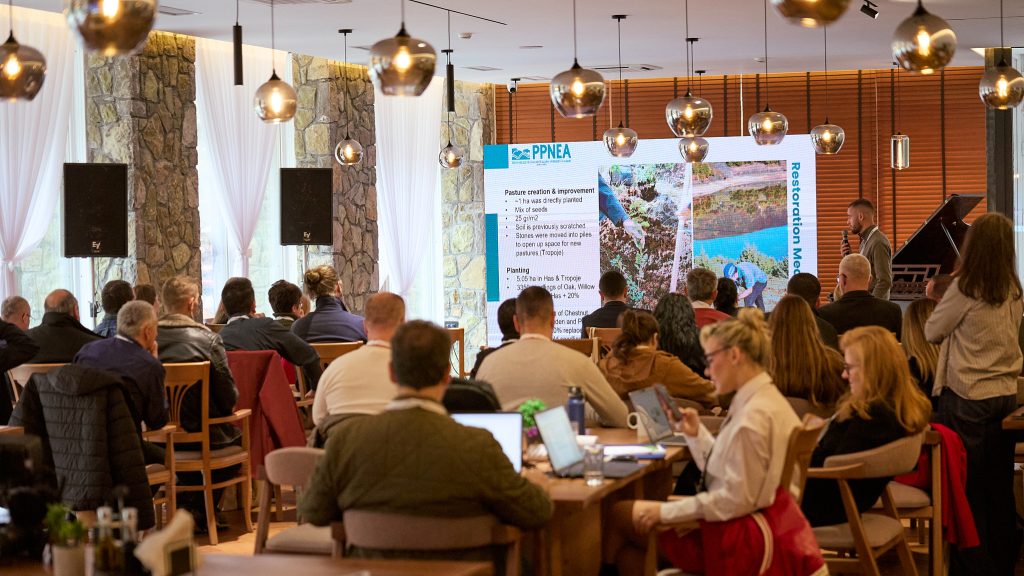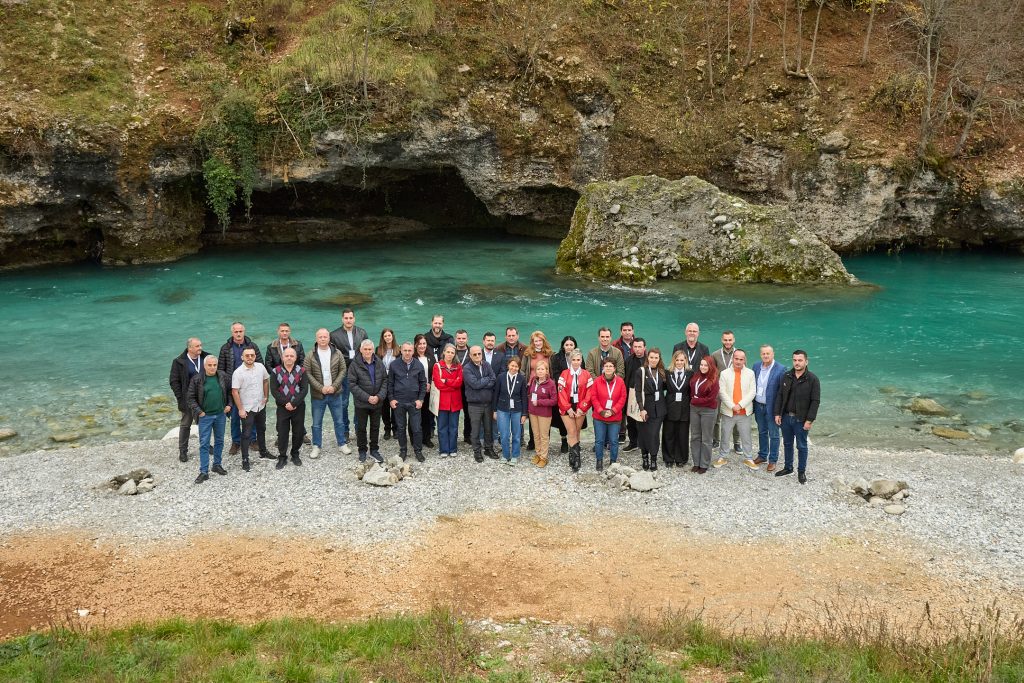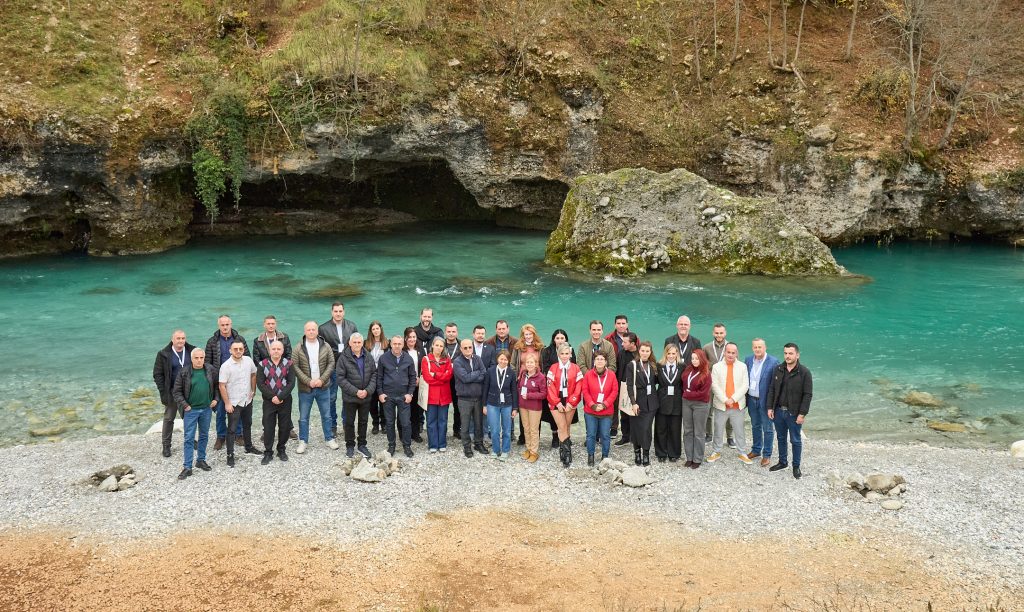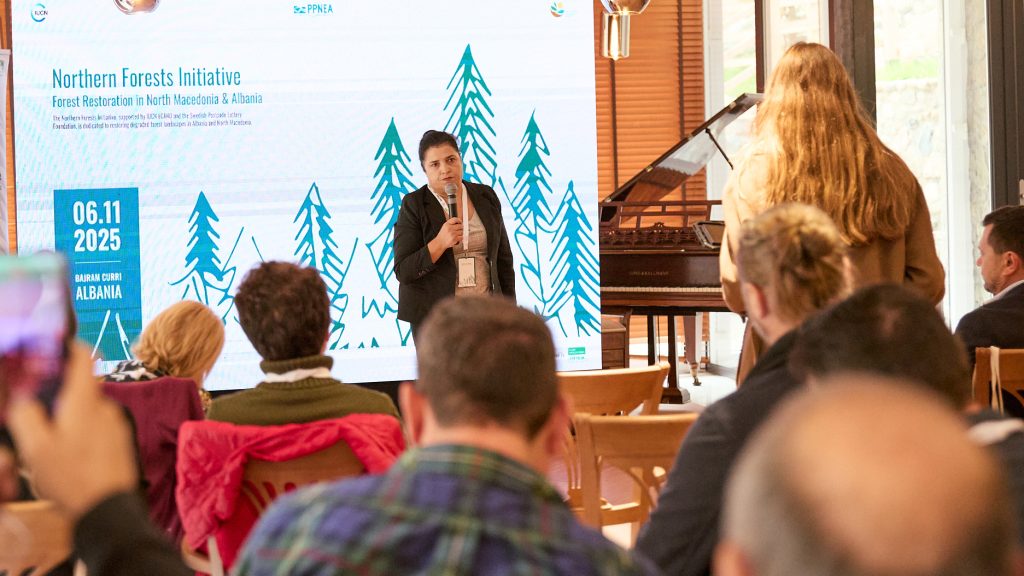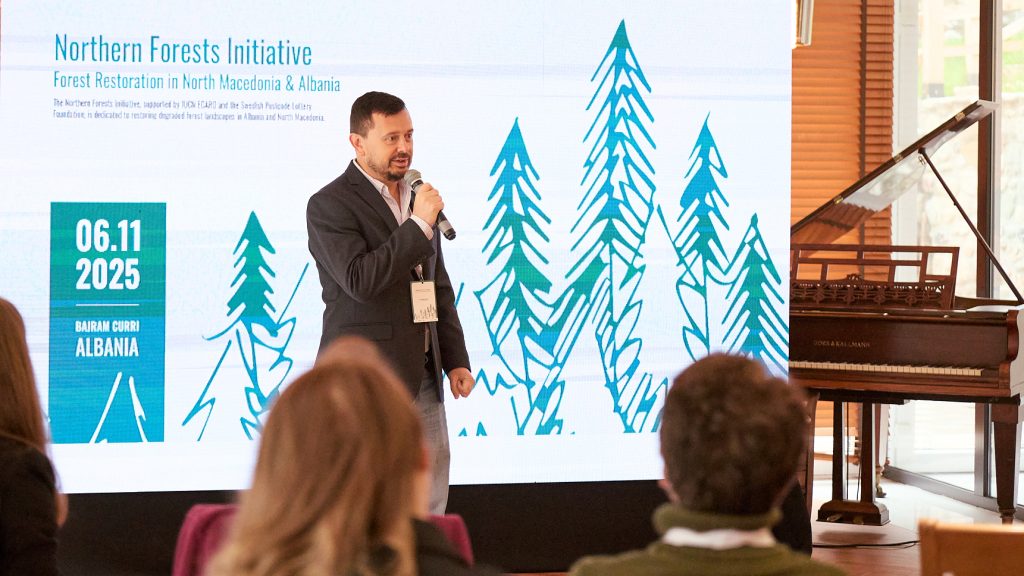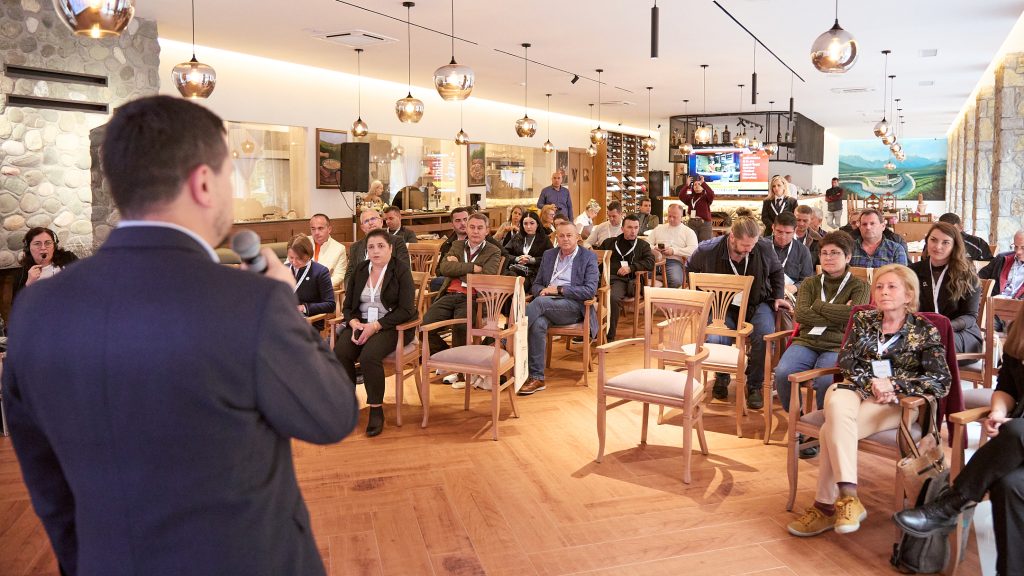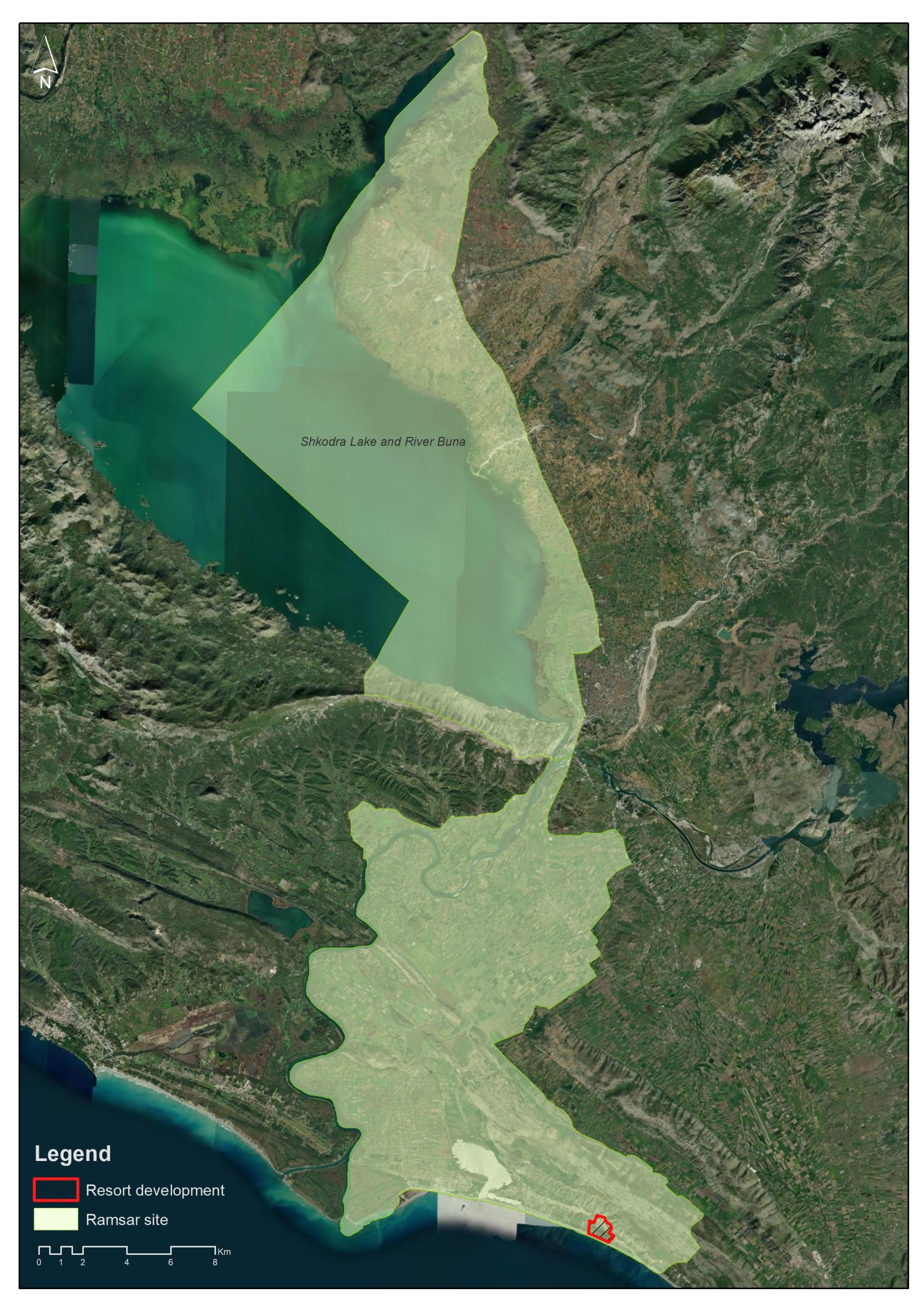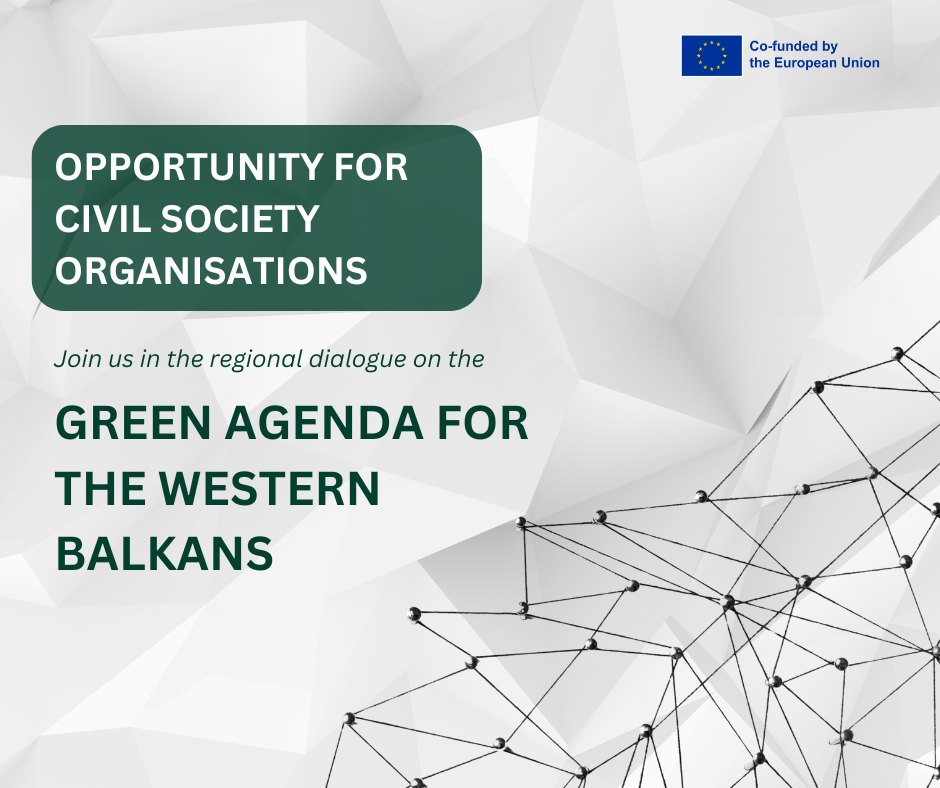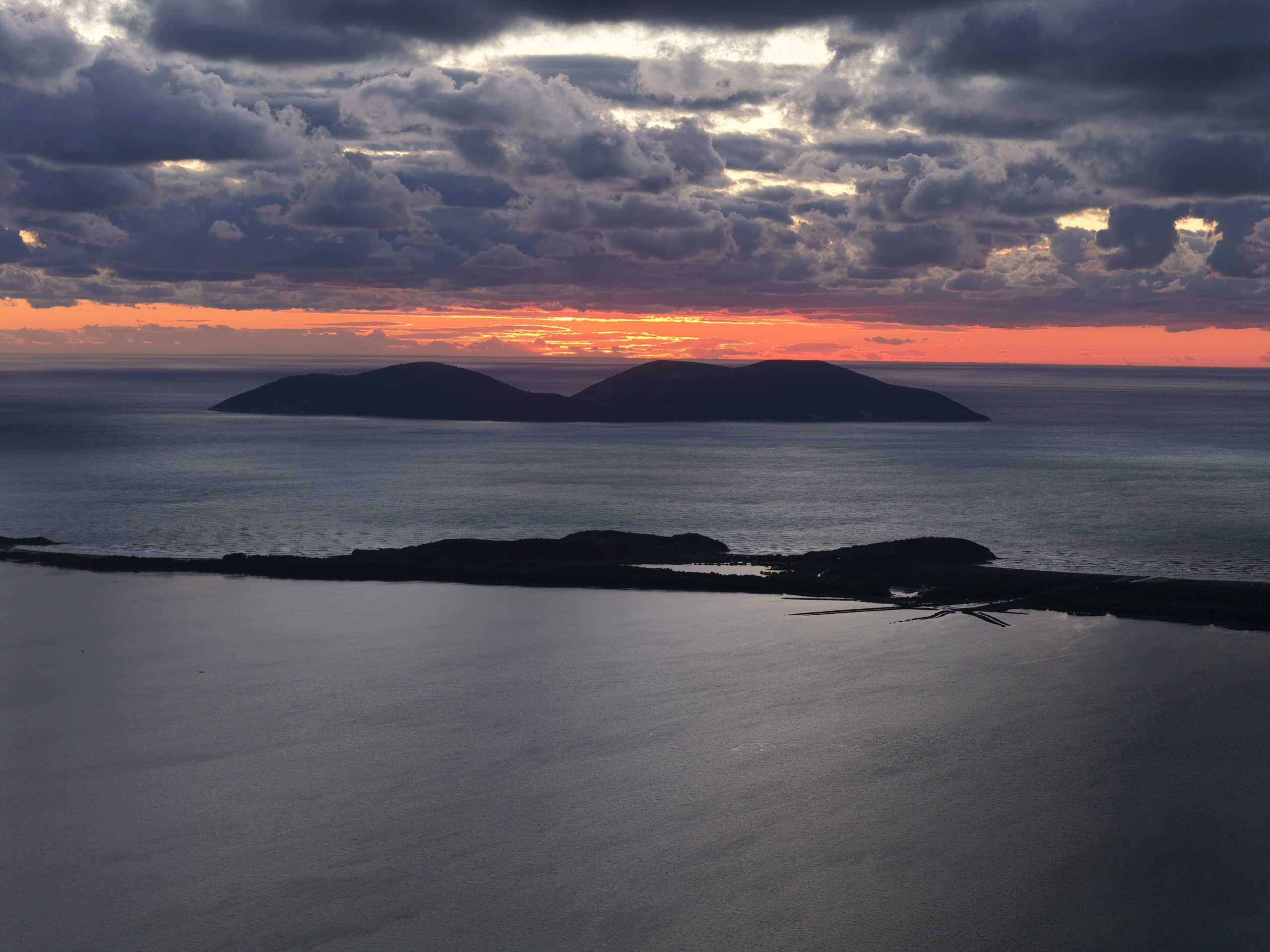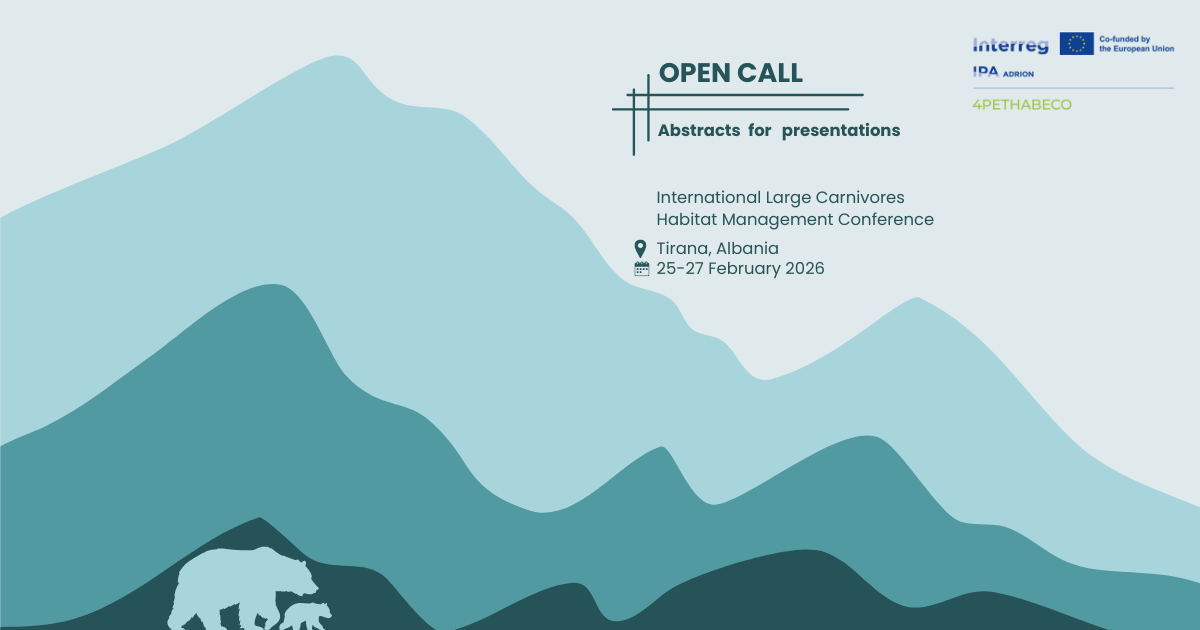Bajram Curri, Albania, 6 November 2025 – The Northern Forests Initiative (NFI) marked its successful conclusion with a regional event dedicated to forest restoration in Albania and North Macedonia. This milestone gathering celebrated the project’s achievements in reversing forest degradation and strengthening sustainable land management across the Western Balkans.
Bringing together over 50 stakeholders—including government representatives, local authorities, implementing partners, and conservation experts—the event highlighted the critical role of restoration for both nature and communities. Discussions emphasised how Nature-based Solutions (NbS) drive biodiversity conservation, enhance climate resilience, and support local livelihoods.
Launched in 2023, the “NFI: Restoration in Albania and North Macedonia” project focused on halting forest loss by restoring priority landscapes, building institutional capacity, and promoting sustainable forest management in Albania and North Macedonia. Implemented by the International Union for Conservation of Nature Regional Office for Eastern Europe and Central Asia (IUCN ECARO) in partnership Protection and Preservation of Natural Environment in Albania (PPNEA) and Macedonian Ecological Society (MES), and supported by the Swedish Postcode Lottery Foundation, the initiative set a benchmark for cross-border collaboration in forest landscape restoration.
“We are proud to have supported these restoration efforts, as part of our global Northern Forest Initiative, which has shown how locally driven restoration efforts can yield lasting benefits for nature and communities. The results achieved in Albania and North Macedonia reflect the power of collaboration and the potential of Nature-based Solutions to address biodiversity loss and climate challenges. We look forward to following IUCN’s progress in advancing ecological restoration and strengthening community resilience in the Western Balkans,” says Andreas Eriksson, Secretary General of the Swedish Postcode Lottery Foundation.
The restoration efforts focused on two key biodiversity landscapes: Bukovikj in North Macedonia and Pashtrik-Morina in Albania. These areas are critical for conserving the Critically Endangered Balkan Lynx (IUCN Red List of Threatened Species™) and serve as vital ecological corridors that enable species movement and maintain ecosystem connectivity. Through targeted Forest Landscape Restoration (FLR) interventions, the project improved habitat conditions, strengthened forest resilience, and contributed to climate change mitigation.
By applying Nature-based Solutions, the initiative demonstrated how landscape restoration delivers multiple benefits for both nature and people—safeguarding biodiversity, securing ecosystem services, supporting local livelihoods, and enhancing climate resilience.
“The Northern Forests Initiative has demonstrated the power of regional collaboration and Nature-based Solutions in restoring forest landscapes and strengthening climate resilience. We are deeply grateful to the Swedish Postcode Lottery Foundation for their invaluable support and partnership throughout this journey. As we conclude this phase, remaining committed to advancing forest restoration and sustainable land management in the Western Balkans, building on the strong foundations laid by this initiative,” emphasized Oliver Avramoski, Regional Director, IUCN Regional Office for Eastern Europe and Central Asia (ECARO).
Key achievements of the Northern Forests Initiative include the restoration of 40 hectares of degraded landscapes in Albania and North Macedonia through a combination of measures such as reforestation, forest thinning, pasture improvement, and soil erosion control. These interventions not only improved habitat quality but also strengthened cross-border cooperation for forest protection. The project enhanced local capacities by providing training on sustainable forest management for communities and authorities, while strategically applying Nature-based Solutions (NbS) to boost biodiversity, increase carbon sequestration, and improve climate resilience.
“Restoring and maintaining ecological connectivity is essential not only for the survival of emblematic species like the Balkan lynx, but also for strengthening the resilience of our landscapes and communities. We remain committed to safeguarding these corridors of life, where biodiversity and human well-being go hand in hand,” stated the Executive Director of PPNEA, Aleksandër Trajçe.
The adoption of a “mosaic” approach—integrating multiple restoration techniques—has amplified ecological and social benefits, laying the foundation for well-structured, long-lasting habitats.
“Despite challenges with institutional capacity, the project set a strong example for Nature-based Solutions and offers a replicable model for forest restoration and collaboration in protecting large carnivores across the Western Balkan region”. stated Robertina Brajkovska, Executive Director of MES.
What makes these interventions distinctive is their integrated and coordinated application across landscapes, creating a synergistic effect that amplifies conservation benefits and delivers tangible gains for local communities. This holistic approach ensures that restoration efforts go beyond isolated actions, fostering resilient ecosystems and sustainable livelihoods.
For more information, please contact:
Albania: Lorena Pyze Xhafaj ׀ Communications officer ׀ PPNEA׀ email: [email protected]
North Macedonia: Sara Krstevska ׀ Project Officer ׀ MES ׀ email: [email protected]
